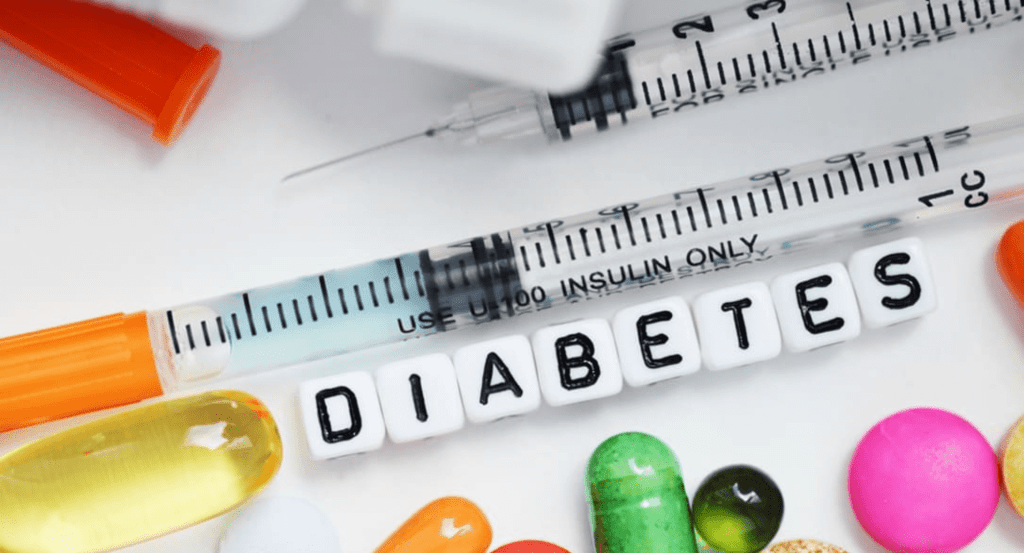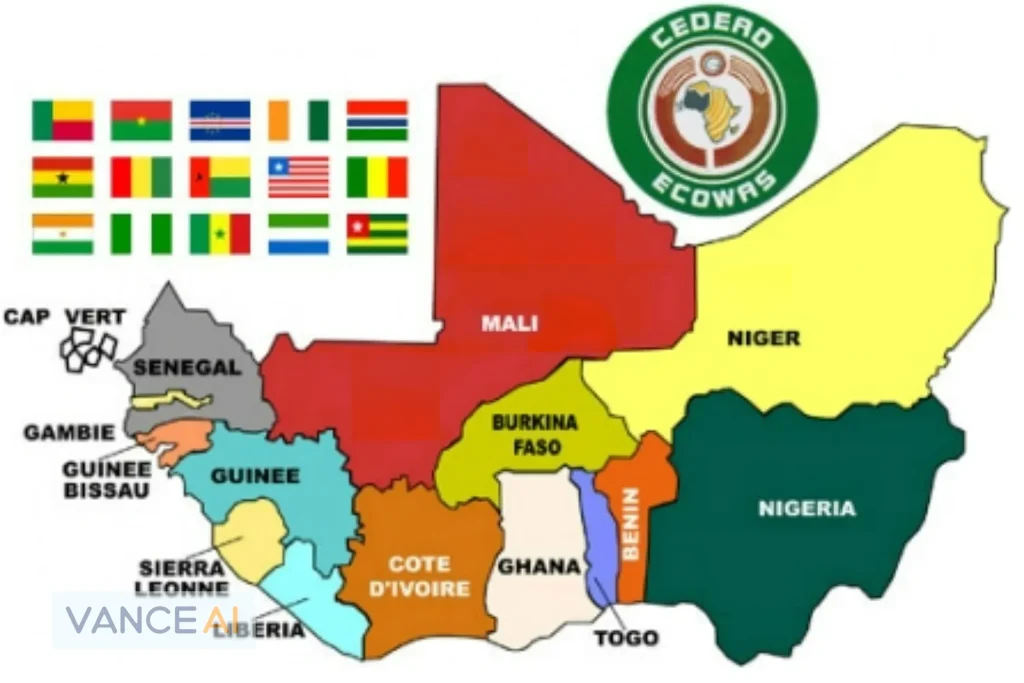As diabetes cases continue to rise rapidly across Africa, experts are calling for mandatory screening to curb the growing burden of the disease. Endocrinologists and healthcare professionals argue that early detection through routine screening is crucial in managing and preventing diabetes, a condition that is becoming an increasing concern across the continent.
Recent reports indicate a concerning trend in the number of diabetes cases, with predictions suggesting that the number of people living with the disease in Africa could double by 2045. The World Health Organization (WHO) has highlighted the alarming growth of diabetes in Africa, attributing it to factors such as urbanization, poor dietary habits, and a lack of physical activity. As the disease continues to spread, experts are stressing the need for proactive measures to address its impact.
The medical community is particularly alarmed by the rise in Type 2 diabetes, which is primarily preventable. According to the WHO, the prevalence of diabetes is soaring, and Africa now faces the prospect of dealing with a severe health crisis unless effective measures are put in place. Experts warn that without intervention, millions of Africans could face long-term health complications, such as heart disease, kidney failure, and even blindness.
In response to the surge in cases, the Coalition of African Diabetes Associations (CAPDA) has called on both the federal government and state authorities to demonstrate greater financial commitment to tackling diabetes. CAPDA advocates for increased funding for diabetes prevention programs, better healthcare infrastructure, and greater access to essential medications and treatments. The coalition argues that the lack of affordable healthcare for diabetes patients exacerbates the crisis, leaving many without proper treatment or management options.
In addition, World Diabetes Day advocates have joined the call for urgent action, emphasizing the importance of equal treatment for all diabetes patients, regardless of socioeconomic status. The day serves as a reminder of the need for coordinated efforts from governments, healthcare providers, and communities to combat the rising incidence of diabetes. These calls are aimed at securing stronger federal and state action to support people with diabetes, reduce healthcare costs, and ensure that every citizen has access to necessary care.
The growing prevalence of diabetes in Africa signals a public health emergency, and experts agree that urgent steps must be taken to address the issue. Mandatory screening, increased awareness, and better treatment options are crucial to halting the upward trend and managing the disease more effectively in the future. Without these interventions, the diabetes burden will continue to strain Africa’s healthcare systems and lead to increased suffering for millions of individuals across the continent.























